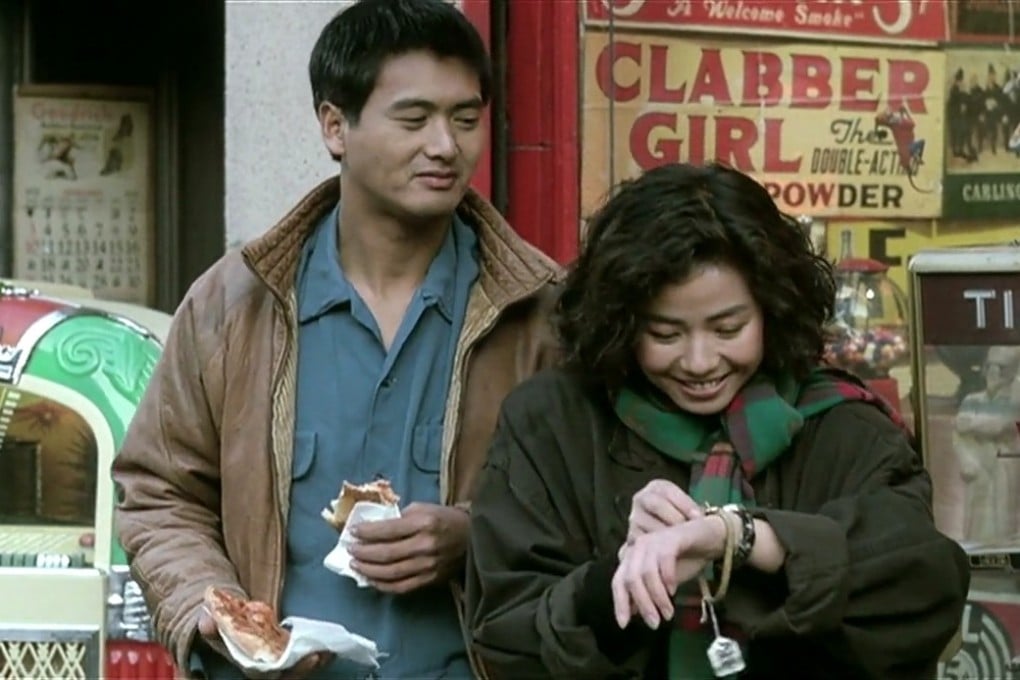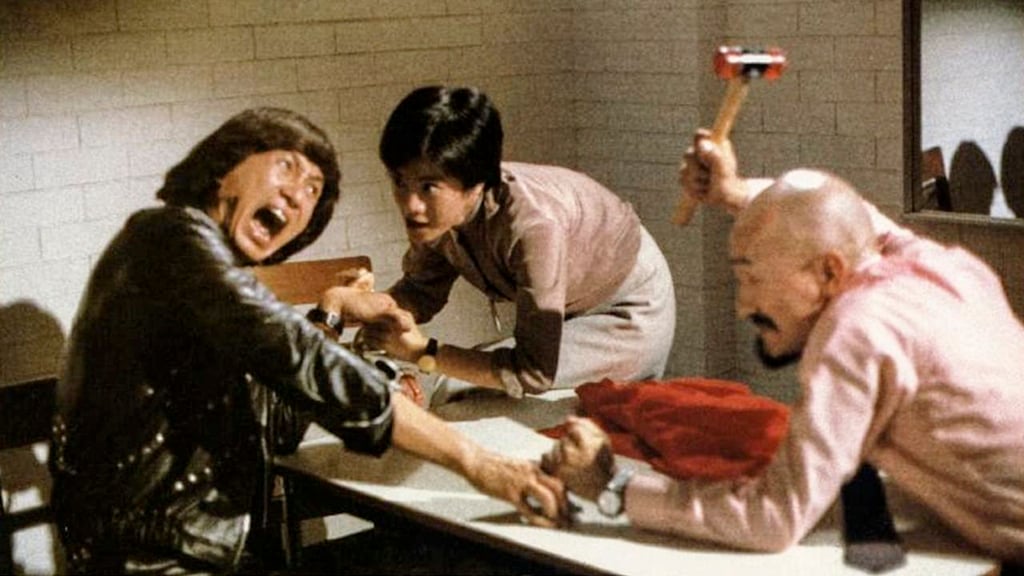Explainer | 1980s Hong Kong cinema: From Chow Yun-fat, Leslie Cheung and Anita Mui to gangster films and adults-only movies, it was a rich era
- In Hong Kong cinema in the 1980s, martial arts films were updated to modern settings and bloodthirsty gangster films took off along with Chow Yun-fat
- The big studios were losing their iron grip on the industry, and the Category III classification brought a new soft-core porn genre to Hong Kong cinema

The 1960s, 70s and 90s are all considered golden ages for Hong Kong cinema – but what about the 80s?
It was an era when home-grown Cantonese-language films outperformed Hollywood films at the local box office, “heroic bloodshed” became a genre, and Chow Yun-fat became a superstar.
Below we revisit what happened in this less discussed but equally rich era of Hong Kong filmmaking.
Cinema started to reflect modern Hong Kong life

The 80s was when Hong Kong cinema became truly local and started to reflect the daily lives of the then-British colony’s inhabitants.
The urban films of the 50s and 60s had been idealised and moralistic, and martial arts films – the backbone of the industry in the 60s and 70s – mainly set in historical China.
“The more traditional genres with historical backgrounds in China gave way to more Westernised urbanised genres,” critic Sek Kei wrote in 1991, in a survey of the 80s.
